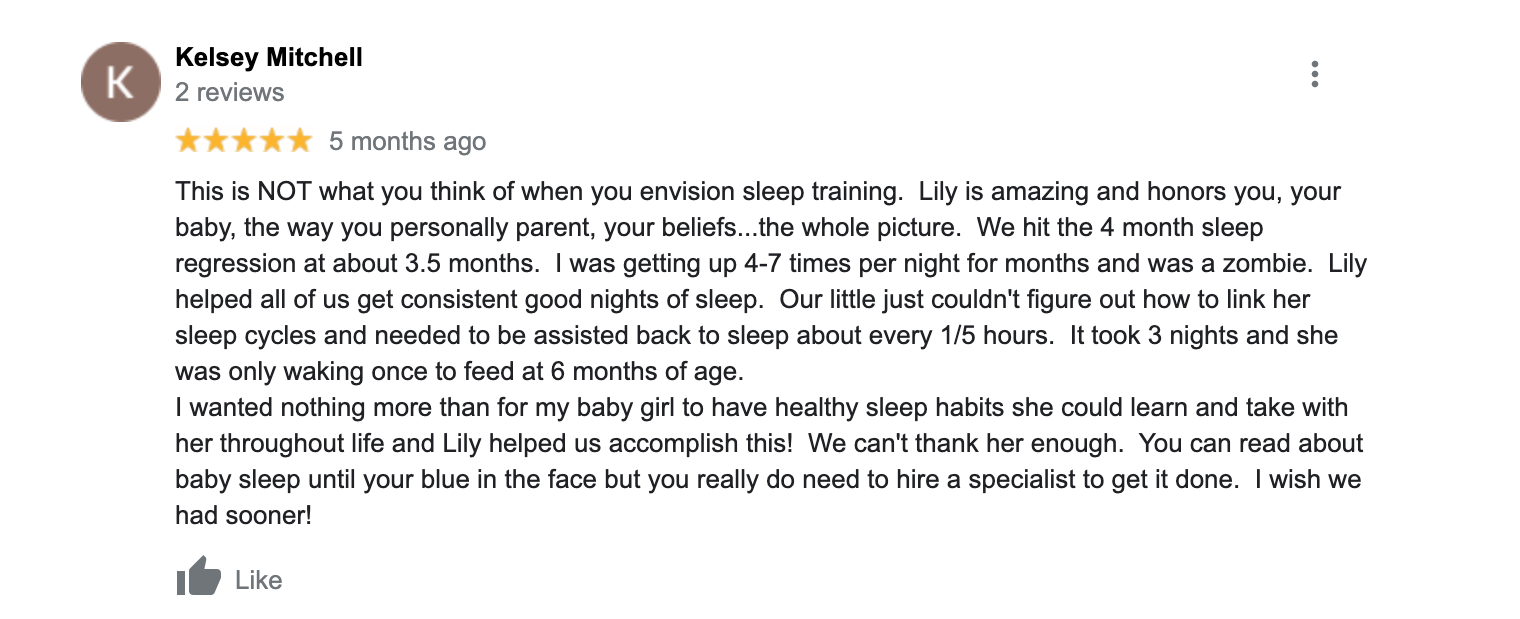Is your baby crying for hours and hours in the evening?
Are they healthy but when the “witching hour” starts you can’t get them to calm down and settle?
Colic refers to bouts of excessive crying for hours on end. Specifically more than 3 hours per day for more than 3 days a week, for 3 or more weeks at a time.
According to the research 20% of infants experience colic primarily in the first 1-6 weeks of life. As your little one gets older the likelihood of them having colic decreases to 0.6% by 10-12 weeks. Colic has only ever been known to last until 6 months. This is good news because we know that colic is temporary although extremely stressful for parents!
There is no specific “cause” of colic and it’s largely unknown why it happens, the medical community speculates it can be a number of factors including:
An immature digestive system
Imbalance of bacteria in the gut
Milk allergies and intolerances
Feeding- overfeeding, underfeeding, not getting a good latch
Family stress and anxiety
Under or over stimulation
Just like there is no determined cause of colic, there is no specific cure or solution for it. There is nothing that is recognized to reduce any pain from colic just anecdotal options that work for some families.
However, there are things we can do to help.
Ensuring your baby is not overtired or overstimulated which can catch up in the evening hours. Follow wake windows and offer naps at the right times even if they are short. Reduce stimulation, low lighting, white noise and a calm relaxed parent will help.
We want enough stimulation to trigger their sympathetic nervous system (calm them) but some temperaments are really sensitive to too much happening at once, especially if they are overtired.
Swaddle baby to help calm them and mimic the environment they are used to in the womb. Swaddling itself will not calm your baby but in combination with the strategies below and with the right swaddle, it works!
Side, sway or using a carrier can help calm your baby with movement. Newborn typically calm better on their side -never leave a baby on it’s side but you can hold on their side and sway. If they are swaddled this combination works wonders. A wrap can also help give you some free hands and allow them to feel close to you while moving.
Suck is a powerful calming tool for newborns. Help them on their side with a pacifier or feed to calm, then replace with the pacifier. Pacifiers are a great tool for colicky babies as they help release hormones that will calm your baby.
Have a plan in place and swap out. Having a baby that cries can make you feel helpless to help them and triggered by the crying. It’s important to reach out for support to give you some quiet time and space for your own mental health. If you are nervous or anxious this will make the crying worse so having a plan for whom will be tending to the baby and when you need a break will be important. Your wellbeing plays a huge role as you will co-regulate and pass that on to baby.
Due to the increased assistance needed with colicky babies, it’s likely they will need help to sleep as they grow out of it. It’s hard to establish sustainable sleep habits when your baby is crying from colic, that’s okay. Most babies that experience colic, develop associations that require sleep training to change. In the moment it’s okay to calm, comfort, hold, bounce, feed and assist knowing that once the colic passes we can change that.
If you have a baby that has had colic and you are now continuing to assist to sleep and are ready to change that, then book a call so I can assess and we can get a plan in place to get it resolved for good. It’s 100% possible and in a few weeks your days and nights can be transformed.



















